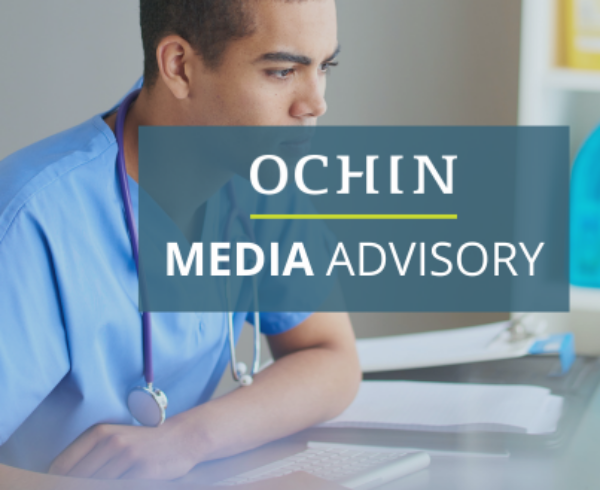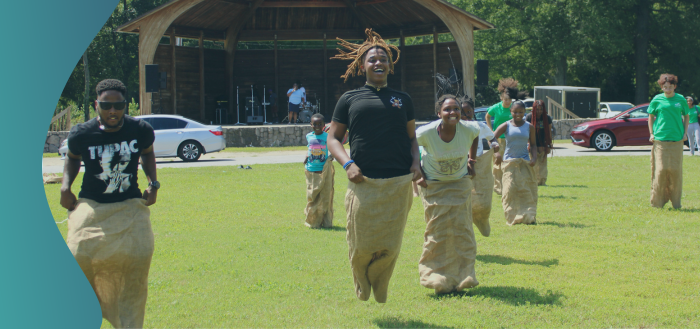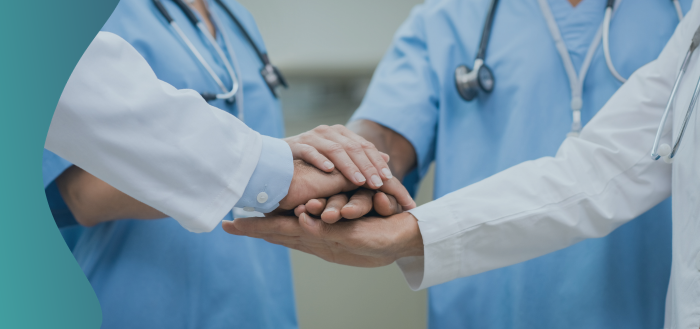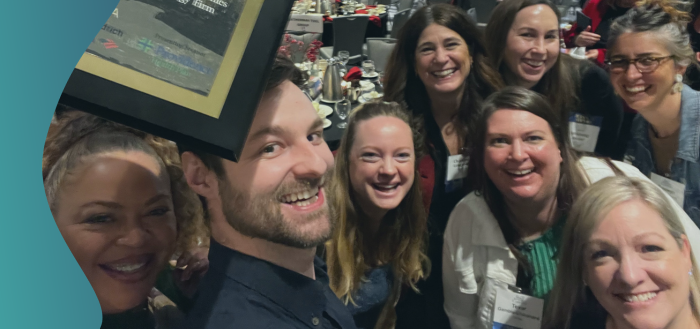April 4, 2022
The road to health equity starts by fostering a strong circle of care in every community, and OCHIN is leading the way through workforce development programs that build clinical capacity and increase opportunity in the health care industry. Drawing on more than 20 years of practice-based research and solutions expertise, OCHIN is proud to announce the launch of OCHIN+, a learning and workforce development program that helps community health care organizations address critical challenges like provider burden and unprecedented levels of staff turnover, while nurturing a sustainable and representative health care workforce for the future.
Engers Fernandez, MD, Vice President of Learning at OCHIN, answered a few questions about the new OCHIN+ portfolio, which launched today with a new certified medical coding and billing program—the first of many OCHIN+ programs available to support OCHIN members and non-members alike.
Q: Why did OCHIN launch a workforce development program like OCHIN+?
OCHIN+ is core to our larger mission as a learning organization focused on advancing health equity. Access to affordable, culturally and linguistically appropriate care is critical to building the trust needed to improve the health of local communities and address national health disparities—and that requires a sustainable, skilled and representative heath care workforce.
Our members, and many others across the health care industry, are struggling to manage burnout and retain talent in the wake of COVID-19, and many workers are leaving the industry. At the same time, there are many new workers who want to begin careers in health care but may be faced with financial obstacles that prevent them from enrolling in traditional courses. This creates an opportunity for OCHIN to help by providing specialized skills and training opportunities while meeting the unique needs of the community health centers and critical access hospitals we serve. It’s a matter of matching these organizations with a diverse workforce who will have the right skillset. By leveraging our expertise to prepare these new workers, we are providing a solution that can augment the clinical capacity of community care organizations and help mitigate current workforce challenges.
Q: What types of training does OCHIN+ offer now and what’s coming next?
OCHIN+ is launching this week with a new medical billing and coding program focused in three key areas: fostering financial excellency, fostering operational excellence and improving clinical outcomes. The program, through the certification of the American Academy of Professional Coders (AAPC), teaches students everything that other medical billing and coding institutions teach, as well as specifics related to the unique needs of federally qualified health centers (FQHCs) and FQHC look-alikes.
Successful completion of the program provides students with certifications in both medical billing and coding – whereas many other courses provide one or the other. Not only will students learn the systems they’ll actually be working on in their careers, but they’ll have the opportunity to complete a paid internship in the OCHIN network. This provides the optimal opportunity to complete certifications, while also earning income.
As it expands, OCHIN+ will offer a wide variety of training and job placement programs to support our members, other community care organizations and job seekers. For example, there will eventually be a program focused on health information management, which will prepare students for careers in fields such as electronic health records analyses or engineering, and we’re building a curriculum focused on digital medical assistance to help medical assistants prepare for jobs in telehealth by gaining practical experience with MyChart, Epic and other virtual tools.
Q: How does OCHIN+ increase opportunity and assist students with ongoing career development?
OCHIN+ expands opportunity for those seeking a career in health care by providing access to affordable certifications. Many talented candidates, especially those from underrepresented communities, may find traditional courses to be prohibitively expensive. At OCHIN, we are really well-positioned to pass the values, concepts and principles that we’ve acquired over more than twenty years – at a cost that’s roughly 70 percent lower than traditional offerings. This will have a direct impact in communities by providing people with the opportunity to pursue a fulfilling and stable career that they may have otherwise found unattainable, while augmenting the talent pool for the health centers we serve.
During the training program, students will have the opportunity to complete a paid internship and upon successful completion of the program, OCHIN will support the student in securing a more permanent role with one of our member sites (ideally, where they’ve completed an internship), or even outside of the OCHIN network.
Q: As a trained physician yourself, why is representation in health care important to you?
When I was both a practitioner and patient myself, I remember a time where I went to see my own doctor who knew that I speak Spanish. They greeted me in Spanish, and even though I’m fully bilingual, being able to communicate in my own language automatically made me feel appreciated and relaxed. I told a fellow-practitioner colleague about this experience, and they said, “it’s not just the language that I speak, it’s the language that speaks to me.” That really resonated with me and summarized the experience. It’s an impact that is really hard to capture in a book or research, but we know it exists. From a health equity standpoint, at OCHIN we want every single patient to have an experience like that. Anything OCHIN+ can do to facilitate that through innovative workforce development, we will explore.
Q: How does OCHIN+ help promote health equity and build a more connected circle of care for local communities?
Our aim is to advance health equity community by community. There are many social determinants of health, including education and employment—once you start investing in people and creating opportunities for them to achieve their fullest potential a lot of other positive changes, including better health and more connected care, can follow.
Increasing representation and building a diverse, multilingual workforce has a direct impact on the patient experience. When a patient has a provider who does not understand their language, background or life experiences, it creates a gap in their care. And if you add to that the complexity of being sick, feeling unwell or suffering, the issue is compounded, communication gets disrupted and trust decreases. Just by having better representation in health care, you significantly reduce those limitations. This results in more openness, better communication and better health outcomes for everyone.
Q: Where can interested individuals or organizations go to learn more?
Those interested in learning more about OCHIN+ should visit the website or email ochinpluslearning@ochin.org.













